Nigeria isn’t called the giant of Africa for nothing! It is a land filled with milk, honey, and everything in between. Read on for some fun facts about Nigeria.

In addition to being the most populous nation in Africa and the seventh most populated globally, with a population exceeding 213 million, there are many other fun facts about Nigeria that we bet you didn’t know.
When people mention Nigeria, they often envision bustling urban landscapes teeming with vibrant activity and diverse cultures.
But that’s not all. Stay with us as we give you a fascinating read on!
The World Bucket List top Nigeria fun facts:
- Nigeria comprises three primary tribes (Igbo, Hausa, and Yoruba) and over 250 languages, with English as the official language.
- Nollywood, the world’s second-largest film industry, is a Nigerian-made industry.
- Lagos, a state in Nigeria, is one of Africa’s most bustling megacities. It was Nigeria’s capital city until Abuja took over in 1991.
- The wealthiest man in Africa, Aliko Dangote, is a native of Nigeria. Born, raised, and still lives in the country.
- The oldest Dye Pit in Africa is in Kano state, Nigeria.
Now, let’s look at ten fun facts you need to know about Africa’s most populous country.
10. UNESCO World Heritage Sites – Nigeria has two of these
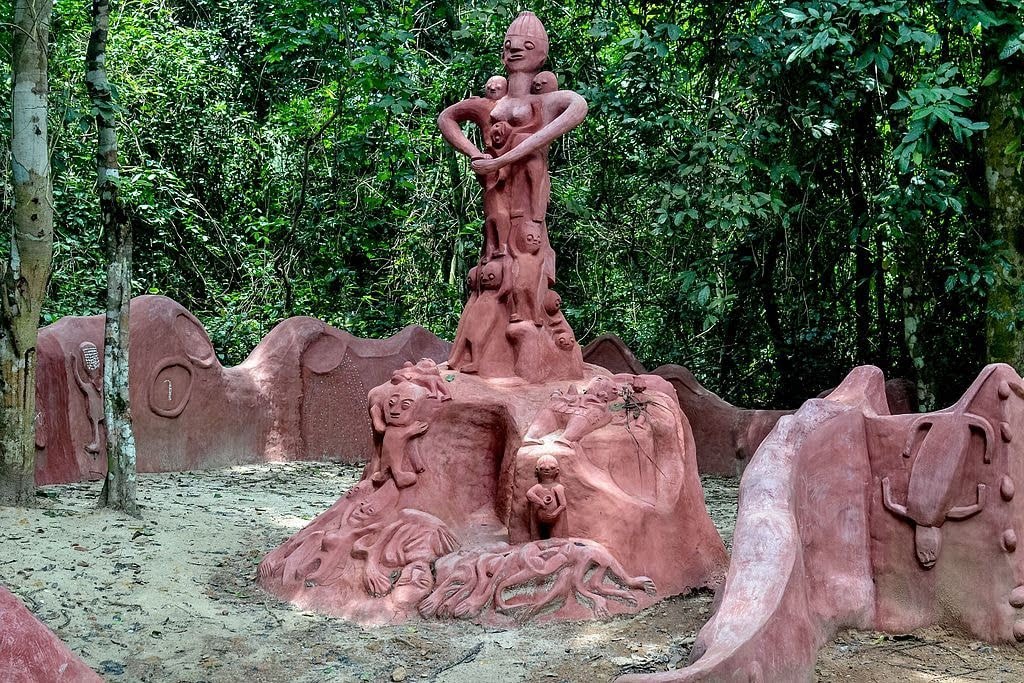
Nigeria, the Giant of Africa, is one of the designated places on earth of outstanding universal value to humanity, which is why there are two UNESCO World Heritage sites in the country.
These sites are Osun–Osogbo Sacred Grove and Sukur Cultural Landscape. They are good places to visit whenever you visit the country.
9. Nigeria has the largest economy in Africa – massive exports
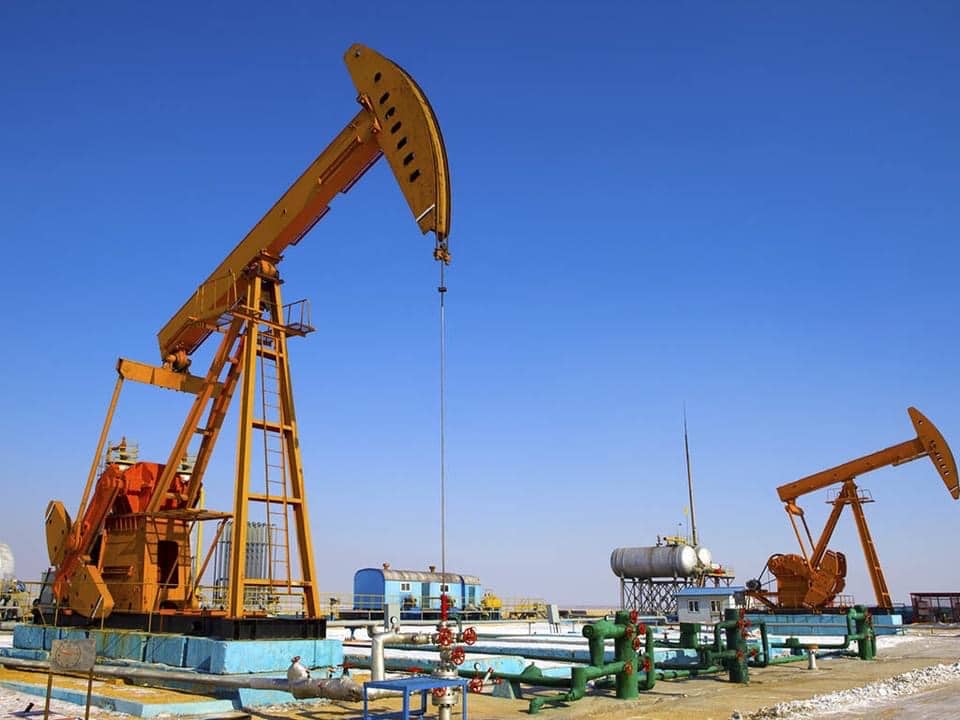
When it comes to countries that make up Africa’s economy, Nigeria is at the top of the list. Its agricultural sector is booming, accounting for 70% of employment in the country.
Petroleum accounts for 90% of the country’s total exports, as it is its fundamental export. Nigeria is the 12th largest oil-producing country and the 8th largest exporter of crude oil globally.
8. The name “Nigeria” – its origin
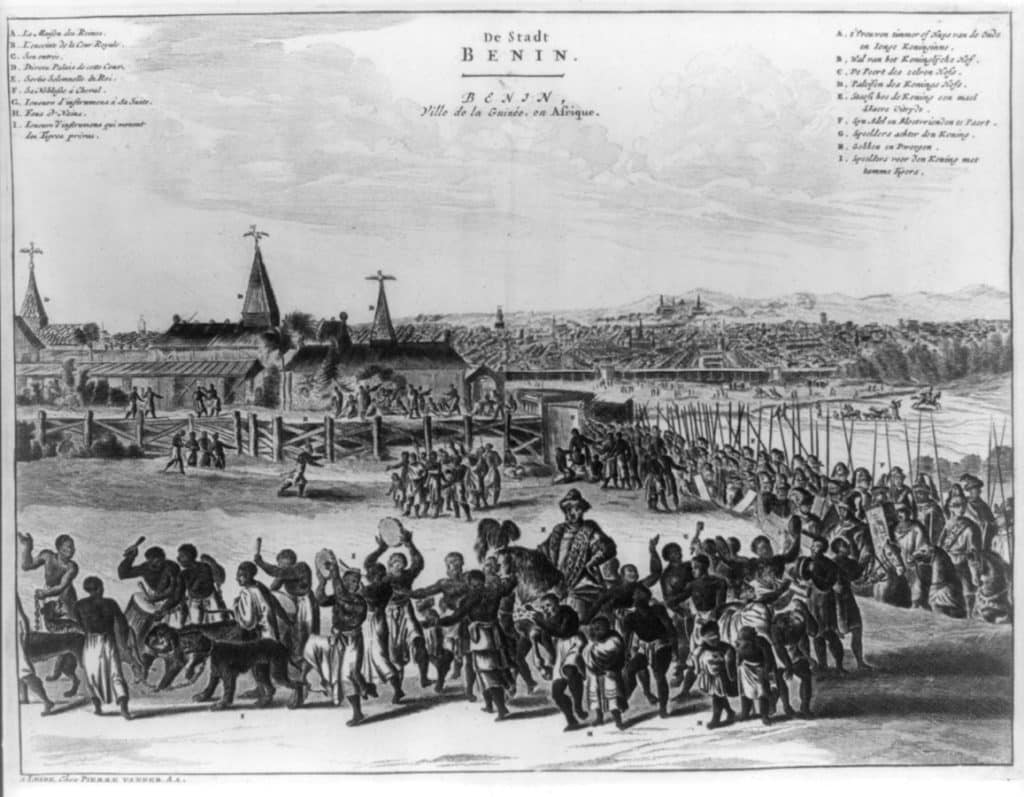
Before 1897, Nigeria bore several names, such as Royal Niger Company Territories, Central Sudan, and Niger Empire.
British journalist Flora Shaw, who later married Baron Frederick Lugard, a British colonial administrator, allegedly coined the name ‘Nigeria’ in the late 19th century.
7. The first African Nobel Prize in Literature – was received by a Nigerian
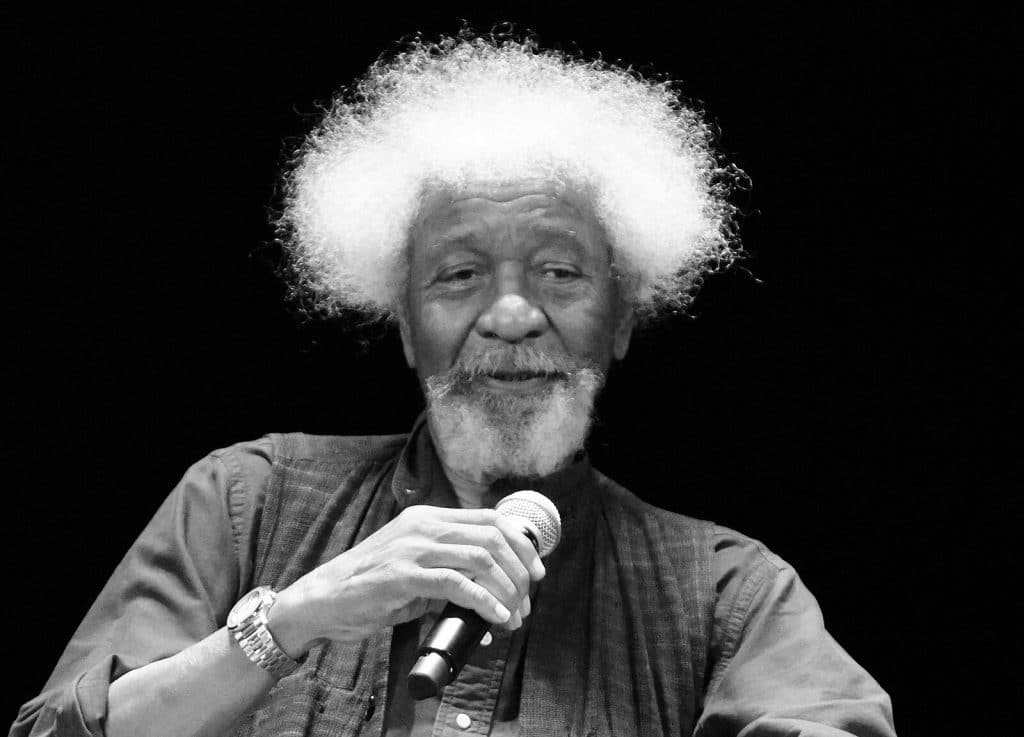
Nigeria is home to spectacular Nollywood movies, wildlife, and cultures, and some of the world’s most phenomenal writers are also from there.
In 1986, the literary world rightfully awarded Wole Soyinka, a Nigerian playwright and political activist, the Nobel Prize in Literature, making him the first African winner of the award.
6. The Nigerian flag – a symbol of unity
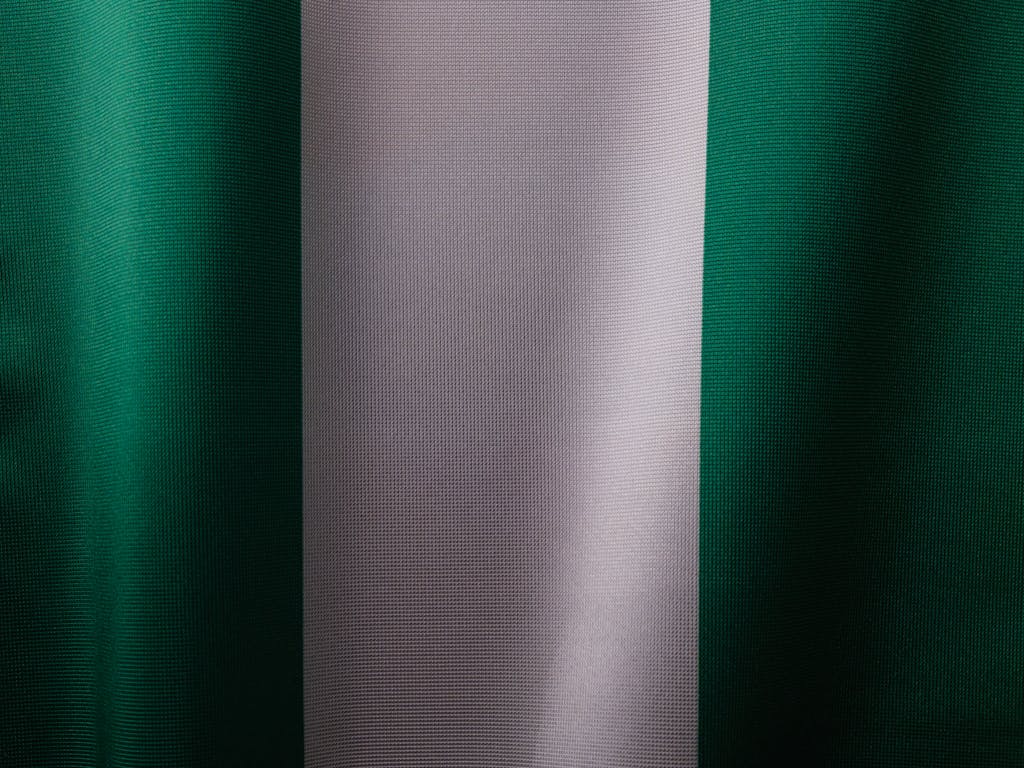
The Nigerian flag, created in 1959 and proudly raised on 1 October 1960, strongly represents the country’s unity, resilience, and joint vision for progress.
Its vibrant colours – green representing lush vegetation and white symbolizing peace and harmony – reflect Nigeria’s rich natural resources and diverse cultural heritage.
Beyond mere symbolism, the flag serves as a rallying point, reminding citizens of their shared identity and the common goal of building a prosperous nation.
5. The Nigerian football team – Super Eagles
The Super Eagles have engraved their name onto the world football scene by consistently leaving unforgettable impressions.
Aside from the many soccer victories, the Super Eagles embody resilience, determination, and the unquenchable spirit of Nigeria. Their iconic green and white jerseys symbolize hope and unity, uniting fans from different backgrounds under one banner.
4. Chappal Waddi – Nigeria’s highest mountain
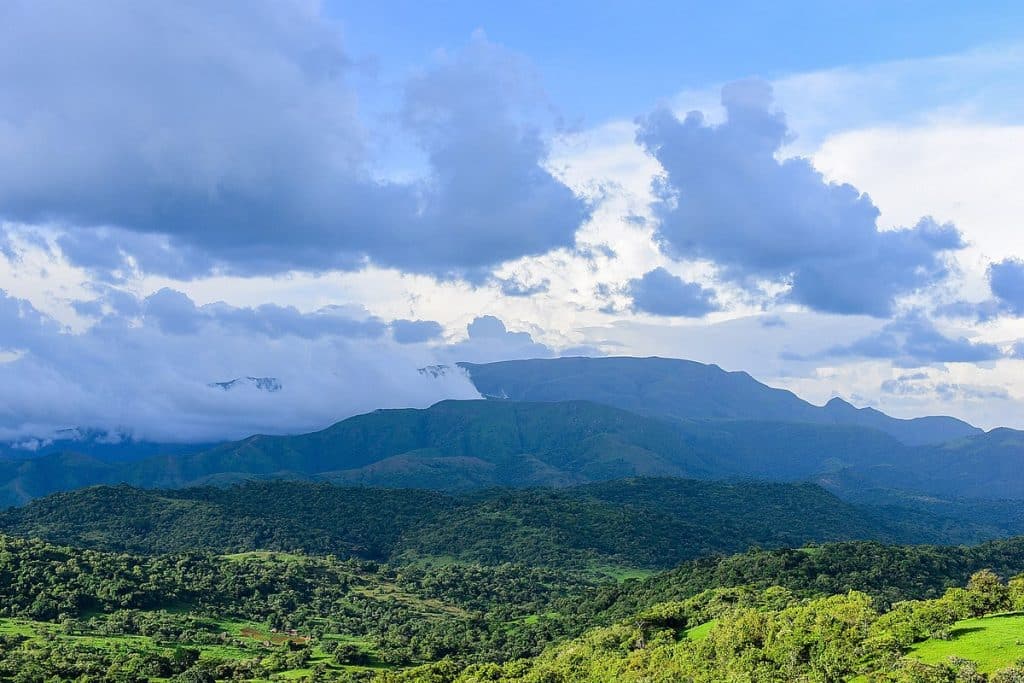
Chappal Waddi, or Mountain of Death, is the highest mountain in the country and is located in the eastern part of Gashak Gumti National Park in Taraba State. It is a good idea to visit this mountain when you visit Nigeria.
3. Benin’s South Coast – was a significant departure venue for enslaved people
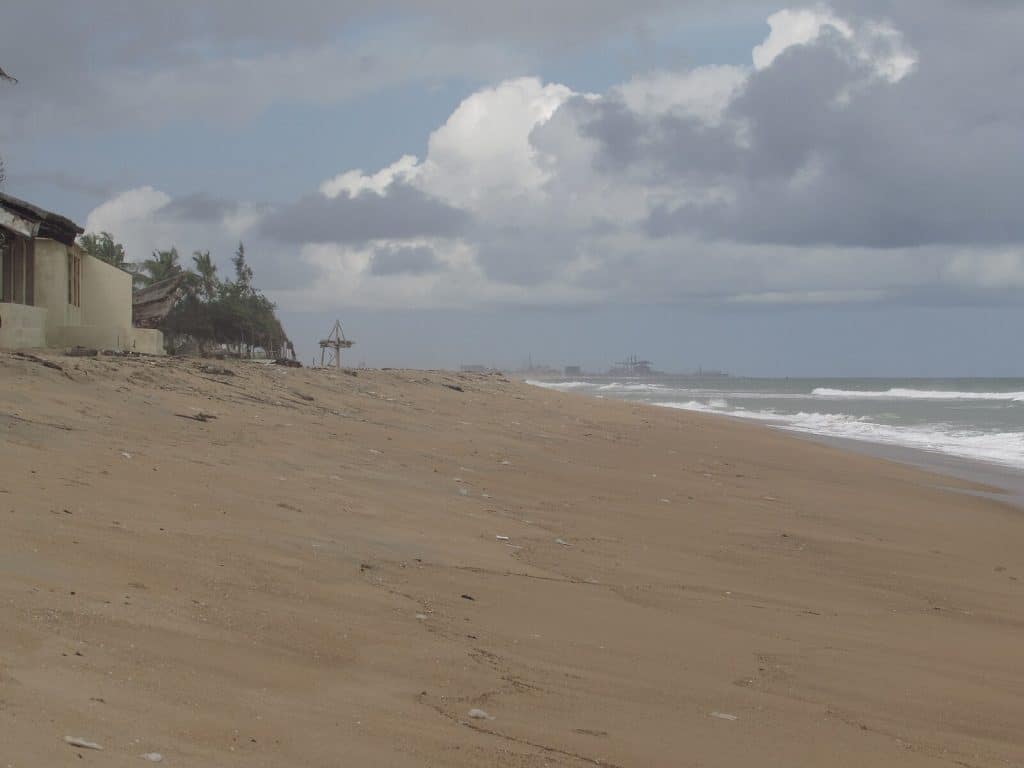
The Benin South Coast was a primary point of departure for enslaved people. For over a hundred years, they transported over 10,000 enslaved people annually from Nigeria’s neighbour to America.
2. The town of Igbo Ora – is known as the twin capital of the world

Igbo Ora, a town in Nigeria, has a record of birthing the highest rate of twins in the world. There have been records of about 50 sets of twins per 1000 births.
Locals say it results from the high consumption of yams and work leaves. A few fertility professionals have agreed with this theory; according to them, some species of yams contain a natural hormone that triggers multiple ovulations.
1. Nigeria has the wealthiest cuisines – home of spices
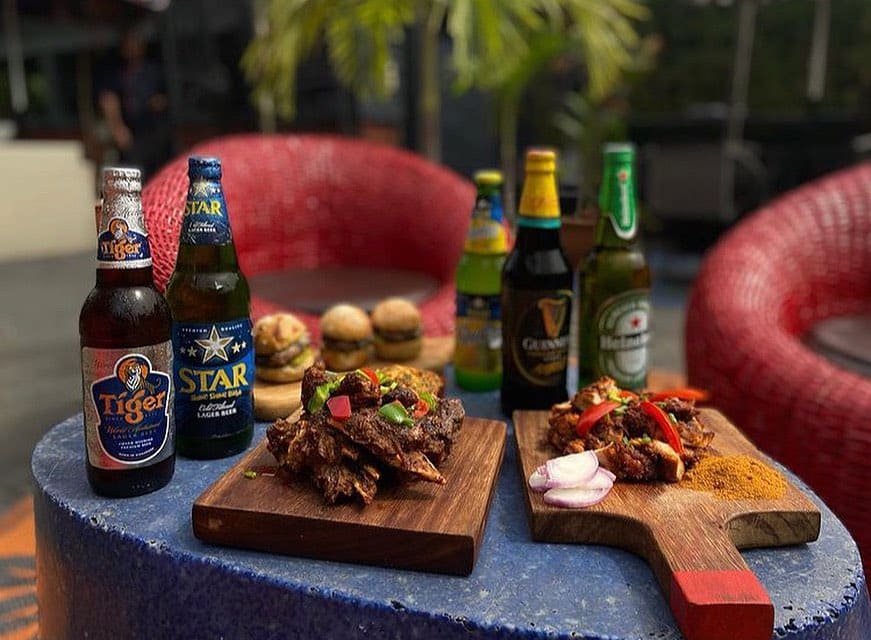
Have you ever tasted the country’s famous jollof rice, egusi soup, fufu, efo, gizi dodo, or the popular bole and red oil sauce?
Yummy! When visiting Nigeria, we recommend you try these local delicacies or explore other options. Your taste buds will thank you!
Notable mentions
Commonwealth: Though Nigeria gained independence from the UK in 1960, it remains part of the Commonwealth of Nations.
Kofar Mata Dye Pit: Nigeria is home to the world’s oldest dye pit, the Kofar Mata Dye Pit, which was established in 1498.
Butterflies: There are over 1,000 documented butterfly species in Nigeria.
Your questions answered about the Giant of Africa

What is Nigeria best known for?
Nigeria’s cultural diversity, vibrant music and film industry, rich history, and economic potential have earned it renown.
Why is Nigeria called the giant of Africa?
Nigeria earned the title of the Giant of Africa due to its large population, robust economy, and influential role on the continent.
What is Nigeria’s traditional animal?
The eagle is often considered Nigeria’s traditional animal, symbolizing strength, courage, and resilience.

